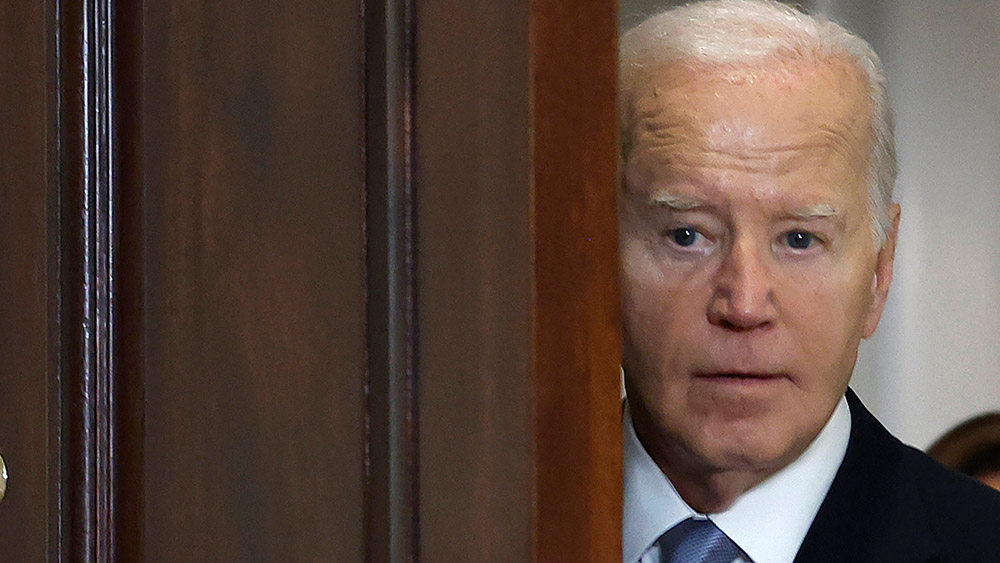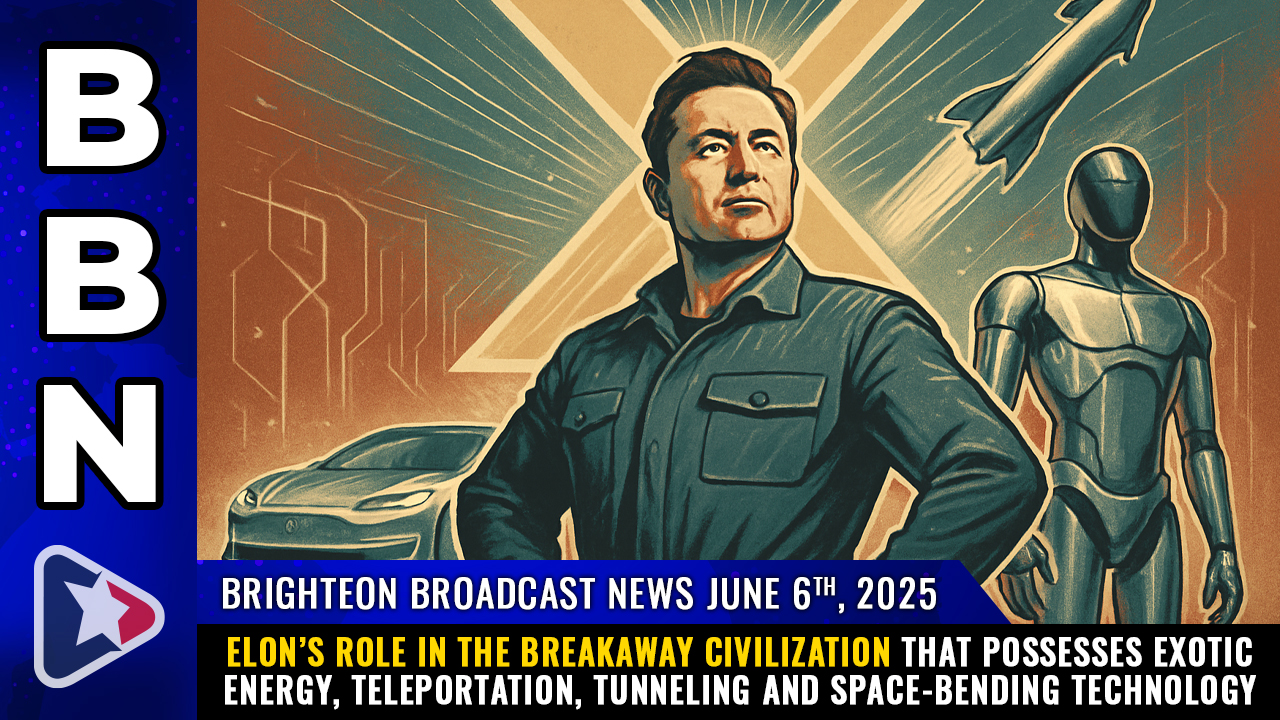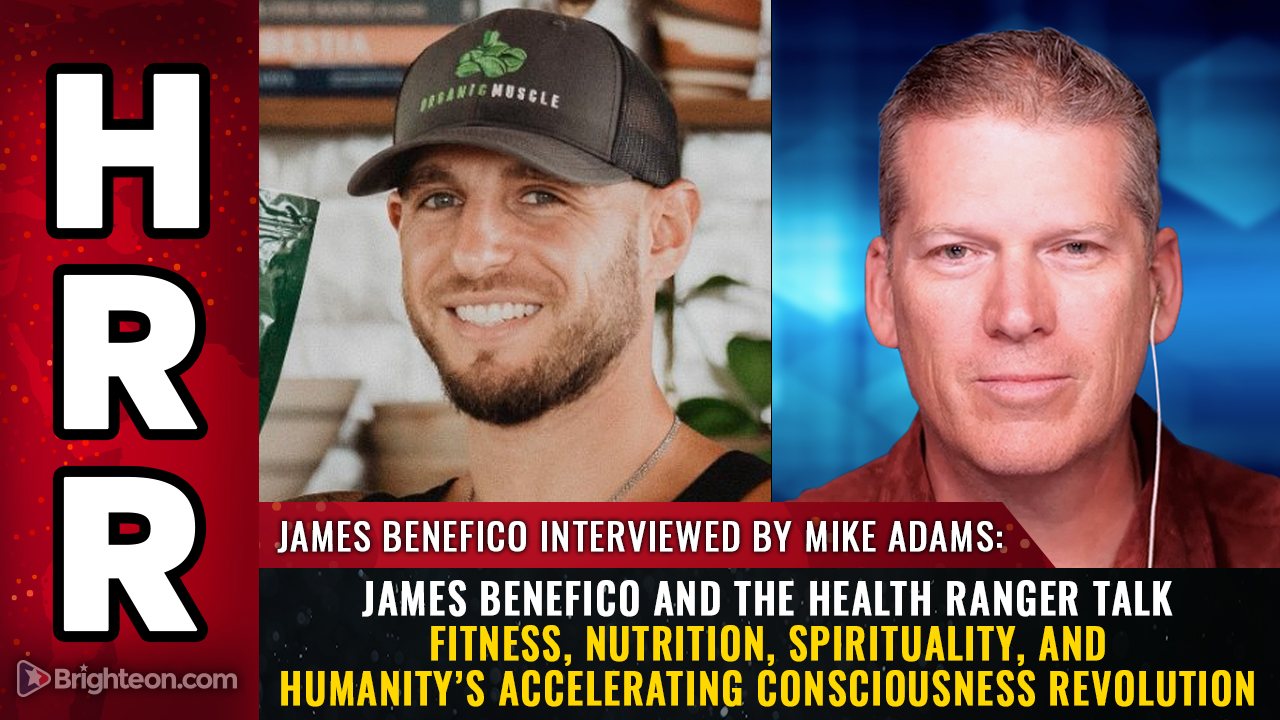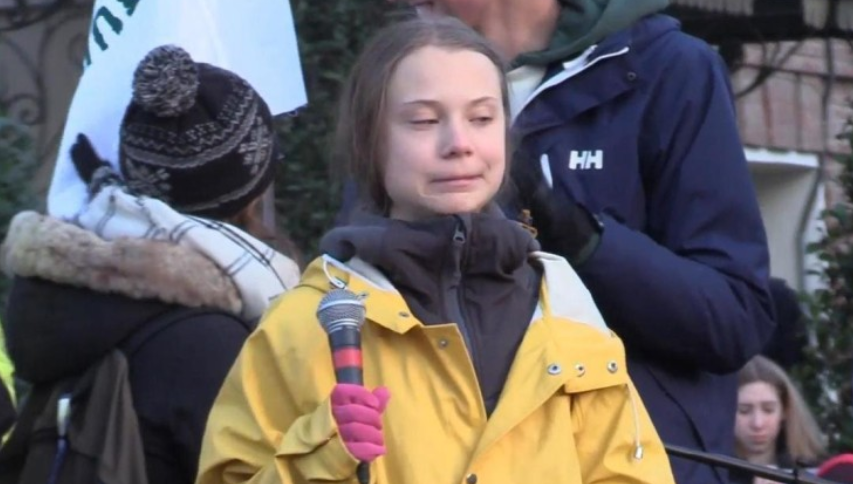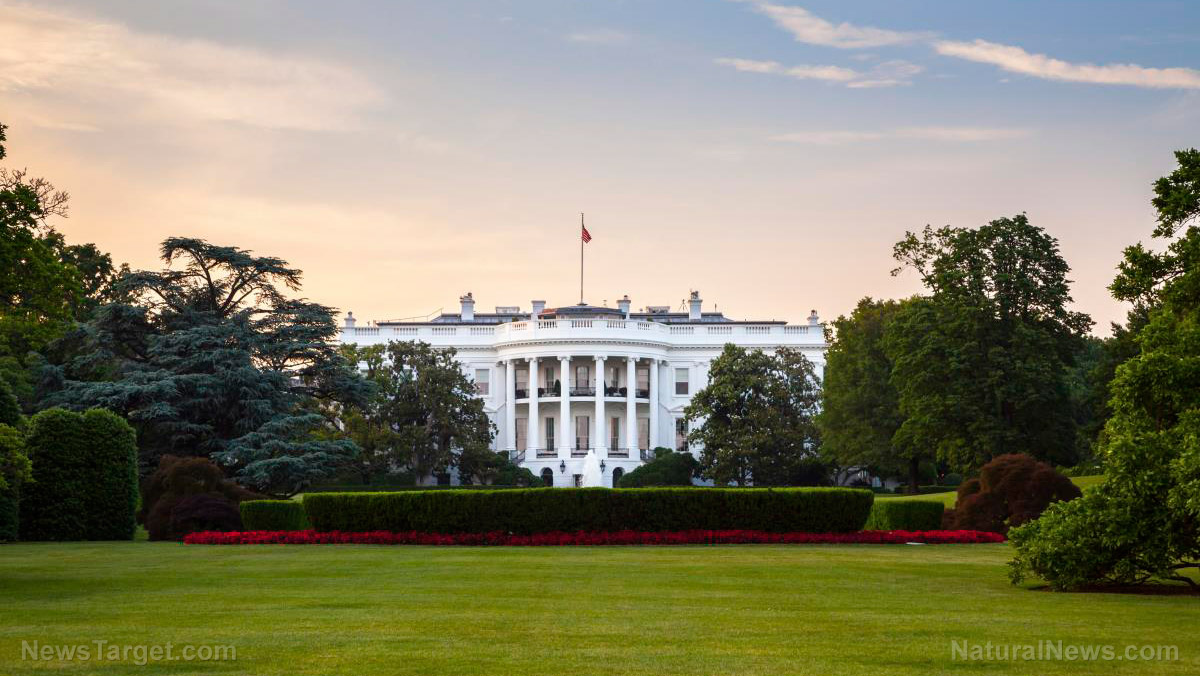 Parler
Parler Gab
Gab
Climate change narrative has been weaponized by propaganda, weather weapon technology, and lying globalists running Ponzi schemes
In May 2025, climate scientists Adam Sobel and Kerry Emanuel published a commentary in Nature titled "Hurricane risk in a changing climate — the role of uncertainty," sparking debate over how scientific ambiguity translates into policy. While acknowledging gaps in understanding hurricane behavior, the authors argue that uncertainty itself justifies urgent action — a stance critics call "motivated reasoning." The piece highlights tensions in climate science, where incomplete data often fuels calls for sweeping interventions rather than restraint. Sobel and Emanuel begin by conceding that much about hurricane risks remains unknown. Yet they assert, "In general, uncertainty increases risk," framing ambiguity as a reason for aggressive policy rather than caution. Critics argue this logic conflates theoretical possibilities with measurable threats, prioritizing worst-case scenarios over empirical evidence. The authors rank hurricane risk factors "in roughly decreasing order of confidence," starting with rainfall — where they claim high certainty due to warmer air holding more moisture — before moving to less understood variables like wind speed and storm frequency. On coastal flooding, they cite a 20-centimeter global sea-level rise since pre-industrial times but omit local factors like land subsidence, which heavily influence regional impacts. One striking admission undermines mainstream climate narratives: The authors note that recent Atlantic hurricane activity may stem from "decreasing air pollution rather than increasing greenhouse gases." Yet they still argue for heightened risk, illustrating what critics call a "heads I win, tails you lose" approach. Similarly, while models predict fewer hurricanes due hurricanes due to Pacific warming, observations show the opposite. Sobel and Emanuel acknowledge this discrepancy but maintain their conclusions, stating: "Our overall opinion is that present US hurricane hazard is greater than the longer-term historical average." Critics say such reasoning bends science to fit policy goals. This debate echoes past clashes over climate science, where uncertainty has been weaponized by both alarmists and skeptics. In the 1970s, some scientists warned of global cooling; today, failed predictions—like disappearing Arctic ice by 2013—are often downplayed. Sobel and Emanuel’s approach reflects a broader trend: treating uncertainty as a mandate for action rather than a limit on confidence. The Nature commentary underscores a central tension in climate science: how to reconcile incomplete data with demands for decisive policy. While Sobel and Emanuel argue that uncertainty necessitates precaution, skeptics see a circular logic that justifies intervention regardless of evidence. As the climate debate evolves, the challenge remains balancing genuine risks with scientific humility—lest policy outpace understanding. Check out ClimateAlarmism.news for updates on psychotic billionaires spending big chunks of their money to adulterate the meat and dairy food supply while decreasing the population by a few billion. Sources for this article include: NaturalNews.com BezoEarthFund.org WattsUpWithThat.comMusk threatens to decommission SpaceX Dragon after Trump contract dispute
By Cassie B. // Share
Congress demands answers from Biden’s doctor about alleged cognitive decline cover-up
By Cassie B. // Share
Elon Musk vs. Trump feud escalates over AI control and allegations of Epstein list ties
By Finn Heartley // Share
By Finn Heartley // Share
Governments continue to obscure COVID-19 vaccine data amid rising concerns over excess deaths
By patricklewis // Share
Tech giant Microsoft backs EXTINCTION with its support of carbon capture programs
By ramontomeydw // Share
Germany to resume arms exports to Israel despite repeated ceasefire violations
By isabelle // Share

